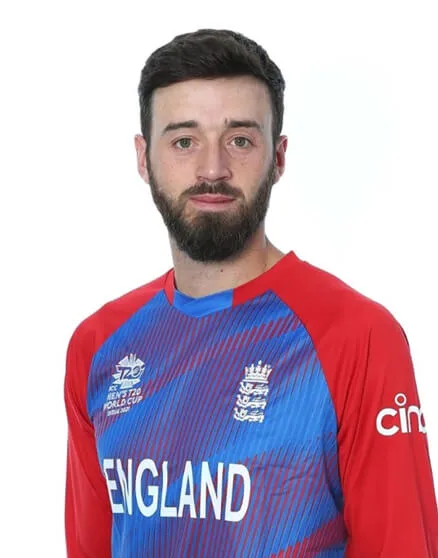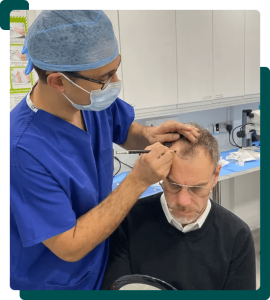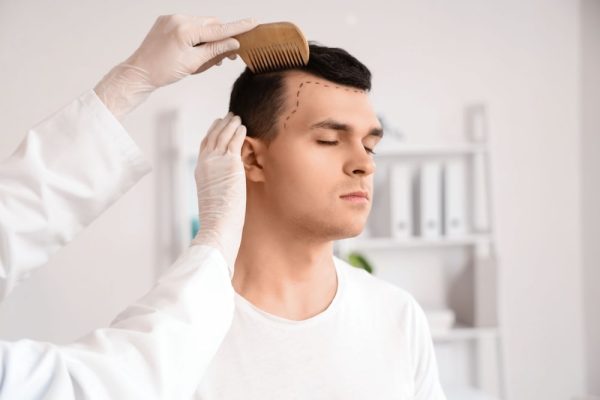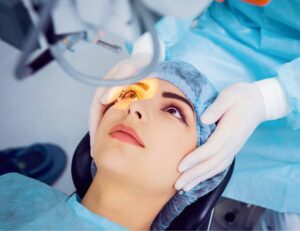What Age is Most Suitable for a Hair Transplant Surgery?
Hair loss is a common concern for both men and women, and for many, it can affect their self-esteem and...

Hair loss is a common concern for both men and women, and for many, it can affect their self-esteem and confidence. While various treatments are available, one of the most effective long-term solutions is hair transplant surgery. However, deciding when to undergo this procedure can be tricky. What is the right age for a hair transplant?
In this blog, we’ll explore the ideal age for hair transplant surgery, what factors influence the decision, the hair transplant recovery timeline, and the hair transplant cost London. We’ll also provide some practical advice to help you determine the best time for your hair restoration journey.
Understanding Hair Transplant Surgery
A hair transplant involves taking hair follicles from a dense area (often the back or sides of the head) and relocating them to a thinning or balding area. The goal is to restore hair growth and create a natural-looking result.
While this procedure can work for many people, it’s important to note that it is not suitable for everyone. The success of a hair transplant largely depends on factors like the health of your hair follicles, the extent of hair loss, and most importantly, your age.
What is the Right Age for a Hair Transplant?
The Ideal Age Range for Hair Transplant Surgery
Hair transplant surgery can be performed on individuals of various ages, but the most suitable age range typically falls between 25 to 65 years. Let’s break this down further:
- In your 20s and 30s:
If you’re in your 20s or early 30s and noticing early signs of hair thinning, you might be a good candidate for a hair transplant. However, younger patients must be carefully evaluated. A key consideration here is the progression of your hair loss. If you have early-stage hair loss but still have a stable donor area, you might be a good candidate. However, if your hair loss is still progressing rapidly, it may be wise to wait. Performing a hair transplant at this age could result in future thinning or hair loss in untreated areas. - In your 40s and 50s:
Most people in their 40s and 50s are ideal candidates for hair transplants, as their hair loss pattern is often stabilised. At this stage, your hair transplant procedure is likely to be more successful because the hair loss has slowed down, and your donor hair is more abundant. - In your 60s and beyond:
People in their 60s or older can also be good candidates for hair transplant surgery, but it depends on individual health and the condition of the hair follicles. If you have a stable pattern of hair loss and a healthy scalp, there’s no reason why you shouldn’t undergo the procedure. However, older individuals may have reduced scalp elasticity, which can affect the final result.
While age plays a significant role in hair transplant eligibility, it is not the only factor to consider. The overall health of your hair follicles and the extent of your hair loss are also crucial.

Factors That Influence the Best Age for Hair Transplant Surgery
Several factors can affect the decision to undergo a hair transplant, regardless of age. Let’s take a look at some of the most important considerations.
Progression of Hair Loss
Hair transplant surgeons often prefer to perform the procedure once hair loss has stabilised. If you are still in the early stages of balding, it may be difficult to predict how your hair will continue to thin in the future. In such cases, surgeons may recommend delaying the procedure to avoid a patchy result, as hair loss may continue in untreated areas.
If your hair loss has stabilised (which typically happens in your 30s or 40s), a transplant may be more suitable, providing long-term results.
Donor Hair Quality
Another important factor is the quality and quantity of your donor hair. Donor hair is usually taken from the back or sides of the scalp, where the hair tends to be more permanent. A younger patient with minimal hair loss may not have enough donor hair to achieve satisfactory results. On the other hand, an older patient with a stable hair loss pattern may have sufficient donor hair for a successful transplant.
Health and Lifestyle
Your overall health is an essential consideration. If you are in good health, have a well-maintained scalp, and follow a healthy lifestyle, you are more likely to experience a successful transplant regardless of your age. However, smokers or those with underlying health conditions may face a longer recovery period and may not be suitable candidates for the surgery.
What to Expect in Terms of Hair Transplant Cost London
Cost Variations Based on Age and Procedure
The hair transplant cost London can vary depending on factors like the extent of hair loss, the type of procedure (e.g., FUE or FUT), and the clinic you choose. Generally, hair transplants in London can cost anywhere from £3,000 to £10,000, depending on the complexity of the surgery.
While age doesn’t directly impact the cost of the procedure, younger patients with minimal hair loss may require fewer grafts, leading to a lower cost. Older patients with more extensive hair loss may require more grafts, increasing the overall cost.
Table: Estimated Hair Transplant Cost London
| Age Group | Cost Range | Reason for Cost Variation |
| 25-35 Years | £3,000 – £5,000 | Fewer grafts needed, early-stage hair loss |
| 35-50 Years | £5,000 – £7,500 | Moderate hair loss, more grafts required |
| 50+ Years | £7,000 – £10,000 | Extensive hair loss, larger procedure and more grafts |
Disclaimer: Prices for hair transplants may vary depending on the clinic, procedure, and individual requirements. The figures provided are estimates and subject to change. Always consult with the clinic for an accurate quote.

Understanding the Hair Transplant Recovery Timeline
One of the key factors that can influence when you should undergo a hair transplant is your hair transplant recovery timeline. This recovery period varies from patient to patient, but here’s what you can generally expect:
- First Few Days:
The scalp will be sore and swollen, and you may experience some bleeding. It’s crucial to follow your surgeon’s instructions during this time. - 1-2 Weeks:
Any scabs or crusting around the transplanted hair follicles will begin to fall off, and the transplanted hair will begin to shed. This is normal and part of the process. - 3-6 Months:
New hair growth will begin to emerge. At this point, it may look thinner than expected, but it will gradually become thicker. - 12 Months:
Full results typically become visible 12 months after the procedure. By this time, you should see natural, thicker hair in the treated areas.
It’s essential to understand the recovery timeline before deciding when to undergo the surgery. If you have a busy schedule or a special event, you might want to plan for the procedure when you can fully commit to the recovery period.
Conclusion
The best age for a hair transplant is between 25 and 65, but it ultimately depends on individual factors such as the progression of hair loss, the health of your hair follicles, and your overall health. If you are considering a hair transplant, it’s essential to consult with a qualified surgeon to evaluate your specific situation.
If you’re wondering about the hair transplant cost London, it’s important to factor in the extent of hair loss and the procedure type. And don’t forget to consider the hair transplant recovery timeline, as this will affect your plans.
For more information or to schedule a consultation, contact Zestige Private Healthcare for personalised advice and expert hair restoration services.







